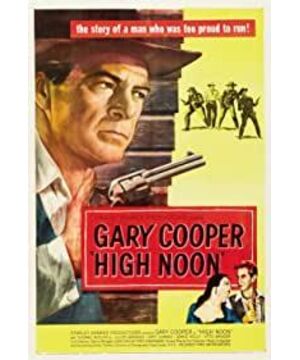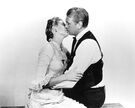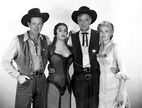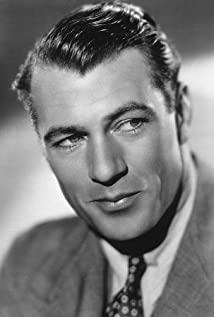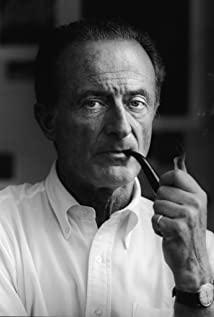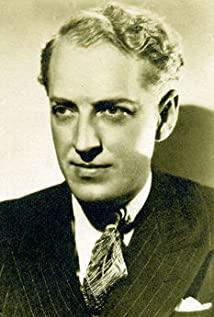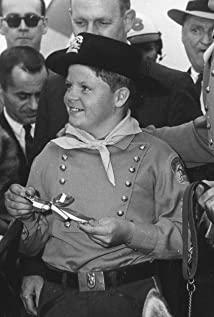The film "Noon" portrays the male protagonist Kane as an awe-inspiring and responsible anti-violence sheriff. He confronts evil with justice with loneliness, symbolizing that justice will eventually triumph over evil, and sometimes justice is only in the hands of a few people.
The film uses a lot of side-shaping techniques to portray the protagonist. For example, the cowardice and selfishness of the town residents makes Kane's image even taller. He has been dutifully guarding the town, sending violent elements to prison so as to win safety and harmony for the town. When his term expired and the evil forces came back, he could have left safely and lived a happy life with his new wife, but he chose to stay and protect the town. But despite this, the townspeople were reluctant to join hands with him to fight against him, and he fell into a huge disappointment. The judge in the town fled, while other officials hid, while others persuaded Kane to leave. In short, at the juncture of life and death, no one is willing to be his helper. There is a strong contrast between Kane and the residents of the town, which makes Kane's image of sticking to justice more vivid.
The second side contrast is the time, which is the clock on the wall. Time is a prominent element of the film, which establishes a sense of fatalistic urgency through real time, minute by minute, with the audience as nervous and anxious as Kane. There are 17 close-up shots of the clock inserted in the film, constantly reinforcing the tension of the looming crisis. The last scene where Zhong appeared was at 2:12, when Kane wrote his suicide note at the police station, ready to meet the enemy alone and sadly. At this time, the film inserted 14 different scenes of small town residents waiting intently, pushing the tension to an unprecedented climax. At this moment, time seems to freeze, but outside the painting is the subjective sound of the exaggerated dripping clock. Such a precise time has repeatedly deepened Kane's pressure and tension, but also more reflected Kane's determination and fortitude from beginning to end.
The third side foil is the episode "Do not forsake me Ohmy darling", as the lyrics say, "If I were a man I had to stand up, I had to face this deadly killer, or I backed down and did a To be a coward, to be a coward lying in a tomb, facing love and obligation difficult to choose, maybe lose my blond beauty?" He was also afraid, wanted to leave, and wanted to continue his love, but he couldn't . The lyrics describe Kane's love and guilt for his new wife, and his adherence to morality and responsibility.
In the end, when Kane walked step by step to the climax of the decisive battle, he was in the pain of fighting back. With the help of his wife (actually an anti-violence Quaker), Kane narrowly escaped defeat. He ignored the crowd of townspeople, threw the police badge on the ground in disgust, and walked away with his wife. As a lone winner, he was happy but also sad. Fortunately, the town returned to peace. Sadly, the town residents were indifferent to their moral responsibilities and the western legal system was lacking at that time.
View more about High Noon reviews


